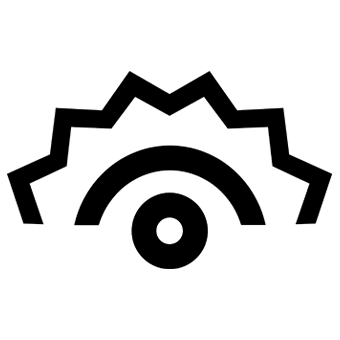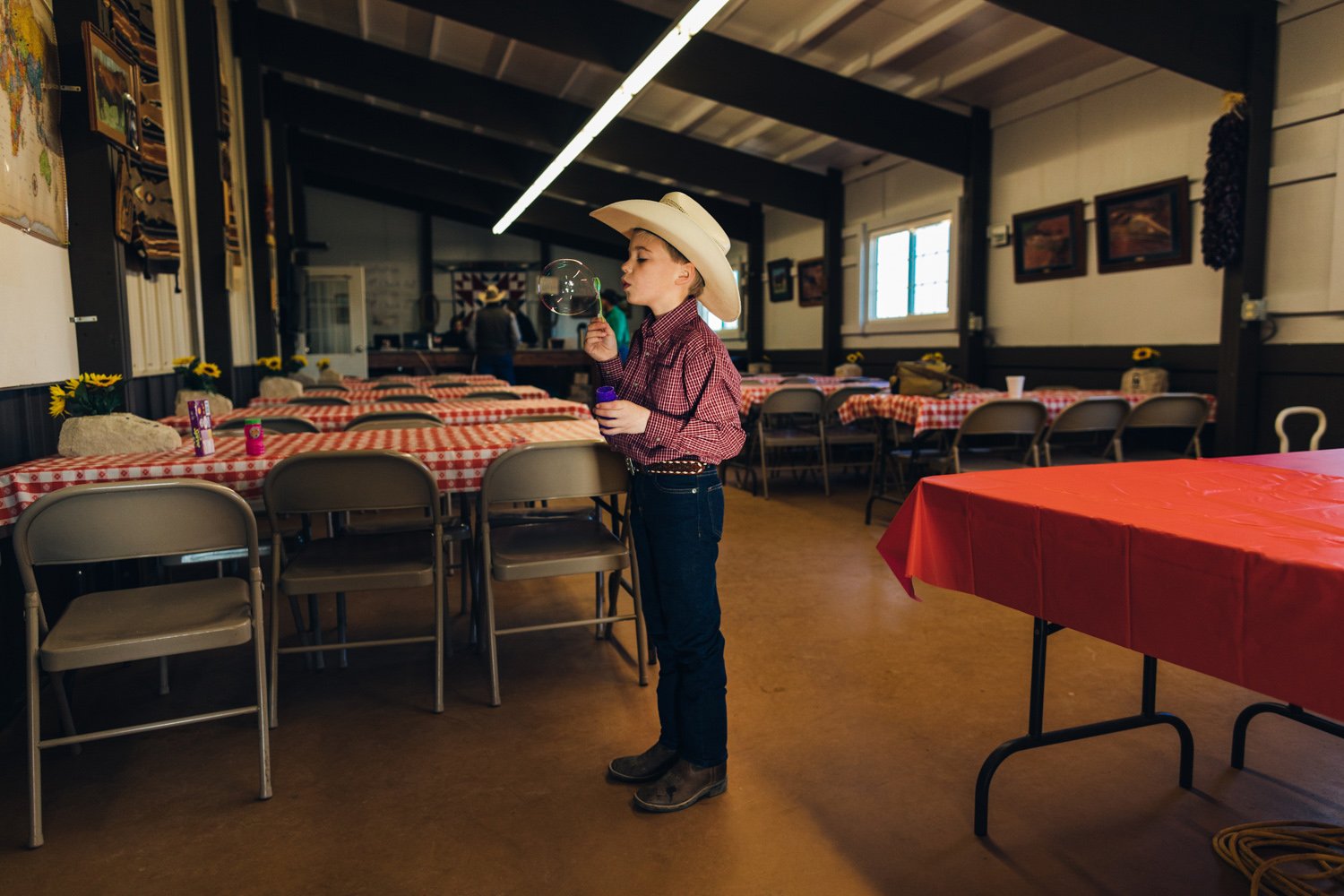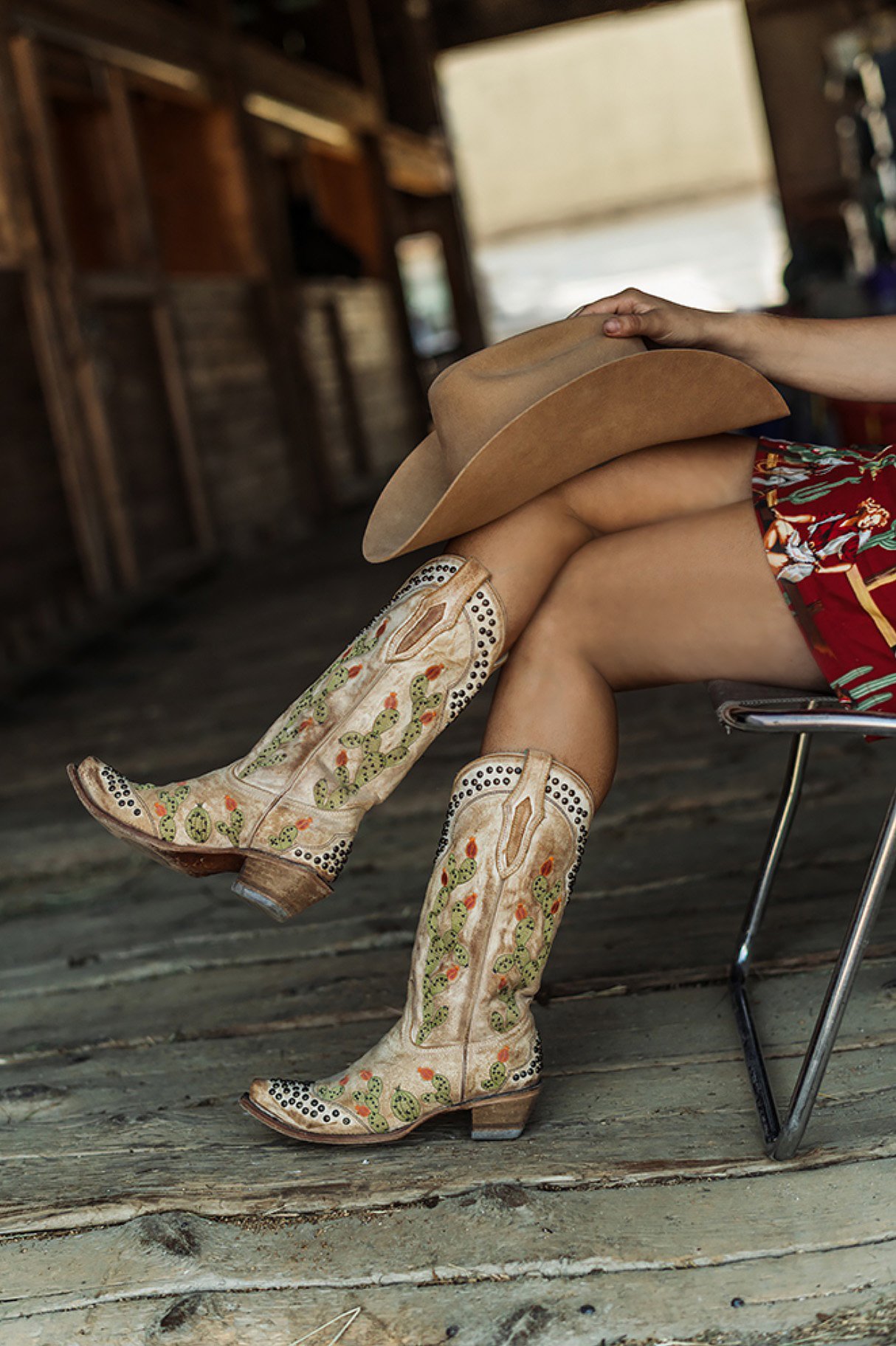in conversation with sara forrest
MCA is excited to announce that photographer Sara Forrest has joined our roster!
It’s evident that Sara is no stranger to movement. Her photographs for major clients—like American Express, Disney, Coca-Cola—show her innate understanding of how light, color, and expression come together to animate an image. Before Sara became a professional photographer, she studied both ballet and human biology, which together taught her about how the body moves in space and what forces move within it. Following the pull she felt after picking up her mom’s old 35mm Nikon, Sara launched a fully-fledged photography career that shows no signs of slowing down. She knows enough about movement not to stand in its way—instead, she just grabs her camera and steps into its flow.
To officially introduce Sara, we had a virtual conversation with her from her rural abode in Texas, where we talked about her quick-moving photography career, sweet spot for everyday small-town Kansas happenings, and how she uses her dance experience when directing on set.
Where are you now, where are you from, and where have you been?
My husband and I live on a small ranch between Fort Worth and Austin. We’ve been here for about a year, after living a fairly nomadic lifestyle. I’m from Kansas and have bounced back and forth between both coasts for quite some time. We came to Texas to be near our horse trainer, who we love.
Tell us how you became interested in photography.
I actually studied human biology in college. I’d also studied ballet—I was living in New York to pursue that before I got a college degree, but I got to the point where I was really nervous about my body breaking down and the limited longevity of that career. So I moved back to Kansas got a degree in biology.
It was while I was in Kansas that I got interested in photography. My mom used to be a photographer, and she had a couple of old film cameras laying around. I picked one up and just started running around, going outside, meeting new people, taking pictures of what I saw. I really liked it, and then I saw a newspaper ad for a job traveling all over the nation shooting home interiors using a medium format camera. I’d never used a medium format camera before, didn’t know how Photoshop or any of other design software they used worked, but I went in there and got the job.
This was in the early start of e-commerce, so I did a lot of photography for high-end shoe companies. Then I moved back to New York and interned with an Italian fashion photographer. Afterward, I stayed in the city and kept shooting. Because of my dance background, I shot a lot for dance companies and dancer friends— I’ve always loved movement and the body. That naturally led into fitness and then more editorial jobs for women's health magazines, which led to lifestyle shoots, travel, and hospitality. I’ve done a little bit of everything, and it’s all been based on my life and interests.
Was there ever a point when you were like, “Oh, this photography thing is really taking off, but I miss the science track,” or were you just kind of all in?
I was all in. I still love science, but I’m pretty sure I wasn’t meant to sit down for 12 hours a day crunching numbers and running lab experiments. Photography is a much more natural fit for me.
It sounds like it’s been an organic journey. Were there any hurdles getting your career rolling?
It’s like anything in life, you can never avoid the hurdles. There is always a hurdle, it just might be a different hurdle than you were expecting. I think because I’ve stuck close to what I enjoy, I really clearly see how being a commercial photographer is a great and fulfilling job. I’ve stayed really curious and open—like when I first started, I would drive the back roads of Kansas, and if there was a farmer unloading corn from the bed of his truck, I would just pull over and ask if he’d mind if I take a picture. That curiosity is the thread that keeps me shooting no matter what. I still try to operate in that way.
The synergy between commercial and personal work always says so much about who a photographer is at their core. What are a few personal projects you’ve shot?
I'm involved with the Western horse community here in Texas, so I follow and shoot those stories when I can. I also photographed my step-nephew and his friends getting ready for prom in small-town in Kansas. Not a lot of people are going to see that, but I think it's fun to watch kids and adults live their life in front of the camera. It involves a little bit of letting go and a lot of vulnerability. I'm an observer, I like to watch, and I don't like to micromanage people or overly direct. The way that I am and the way that I approach situations with care and awareness helps people be themselves.
I like to be fully invested in my personal projects. I know they’re not going to be perfect or look like a movie, but that they are going to be something special to the people involved. And sometimes I think that's the most important aspect of photography: to tell the story, and sometimes only enough of the story that should be told. I think there's a responsibility as a photographer to document life and create an emotion.
What can you tell us about some of your more memorable or meaningful commercial jobs?
I love shooting hospitality jobs. People who work in hospitality have a lot of pride in their properties, and I get excited to make work that they're excited about. It’s nice to work within a microcosm, which is what resorts and hospitality properties are, and make a whole library of work.
I also really like pharmaceutical jobs where we cast real people—like families or individuals who are living with a medical condition. That kind of work can be emotional, but it is also very meaningful and rewarding. It’s nice to go out and do the things the cast members like to do or would usually do, and document it.
I work with the same crew a lot, and we’re kind of like a family ourselves.
Your portfolio encompasses a lot of different genres, what would you say the central through line is for how you approach image making?
My approach when I work on an ad campaign with a creative team is to get everybody comfortable with one another and build rapport between myself, the cast members, and the agency. I tend to be really good at knowing what I'm going for before I walk into a job. Once I’m there, I loosely block people and give them a general run of what they're supposed to be doing, creating a space so that they can take the reins and live it out. And if I feel like something's not working, instead of just overshooting it, I'll start over and take it from the beginning. This helps everyone stay relaxed and moving. It’s a lot like a ballet rehearsal.
You have to have a specific sensitivity and be positive in this kind of work. The more lighthearted you can be, the more you get out of people—and that’s what makes for the best photographs. That, I hope, carries through in whatever it is I'm hired to do.
What’s exciting to you about the broader field of commercial photography and where it’s headed?
I like shoots that combine the outdoors and real people doing things they love. That’s something most people can get behind. I think people get into advertising and telling stories because they're interested in the human condition, so that gives me hope about the future of the field, no matter how it unfolds.
And lastly, what would you be doing if you weren't a photographer?
Maybe a few things. I think mental health counseling would be a really good thing to get into. There aren’t enough therapists, and I think I would find that to be a really rewarding career. I’ve also always been interested in physical therapy, especially after being in dance all those years and spending so much time around horses now. I’d love to better understand every piece of the body, all its little weaknesses or compensations. I already feel like I’m able to assess that pretty quickly because of my background, but I’d love to learn more about it.
But both of those careers touch on what I already do, and what I love about what I do, which is working with people. I like to have a perimeter. If you're boundless, you don't know where to start.












